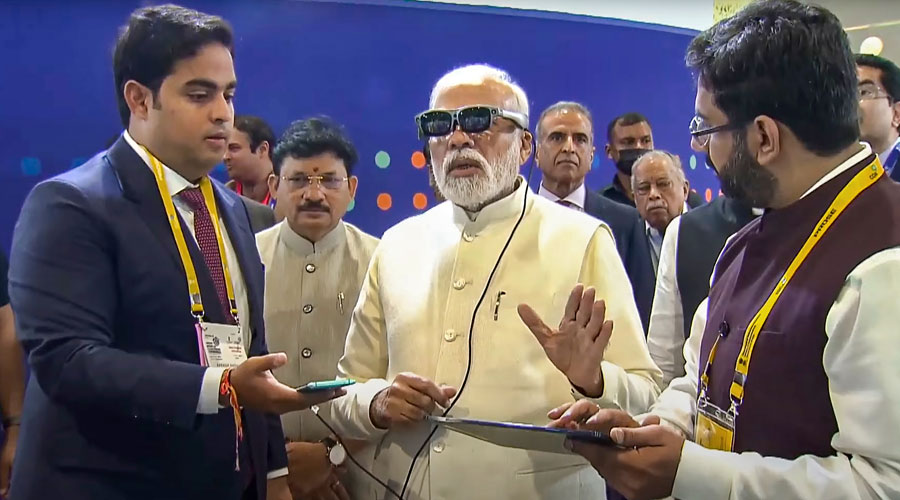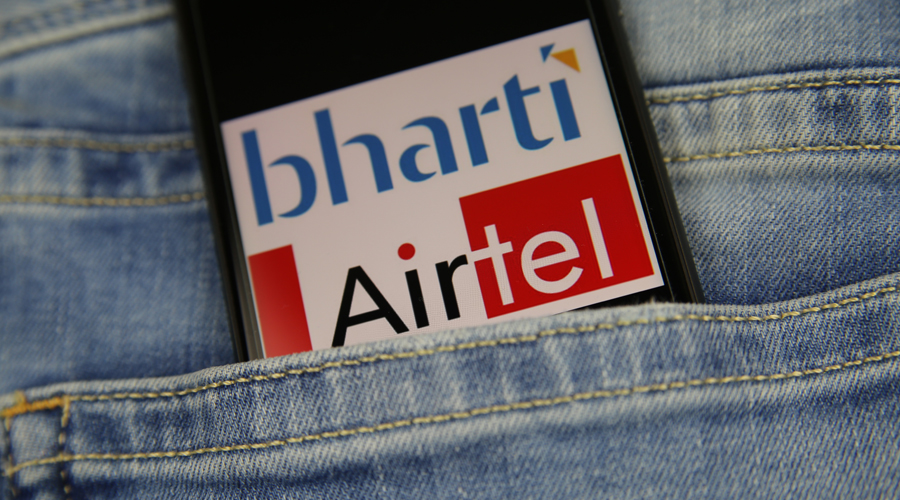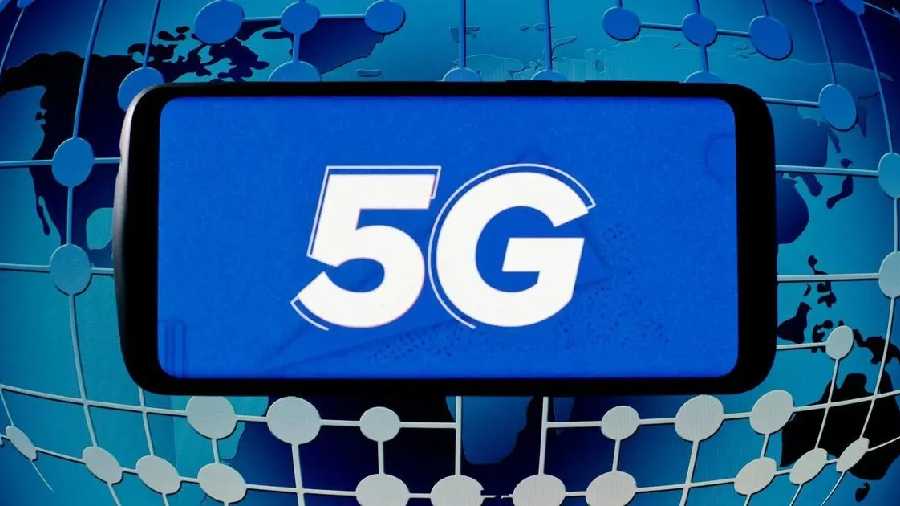Prime Minister Narendra Modi on Saturday launched 5G telephony services that promise to provide ultra high-speed internet on mobile phones, saying it marks the beginning of a new era and presents a sea of opportunities.
"5G marks the dawn of a new era and presents a sea of opportunities," he said at the India Mobile Congress (IMC) 2022 conference, the event where the announcement of the launch in select cities was made, reports PTI.
"While the nation was dependent on foreign countries for technology for 2G, 3G and 4G telecom services, India has created history with 5G, " he said.
The services will begin in eight cities, progressively covering the entire country over the next couple of years.
Soon after the launch, Bharti Airtel announced that its 5G service would be available in eight cities from Saturday, making it the first company to provide the service in the country.
"When you (Prime Minister) will launch 5G today. 5G from Airtel will be available in 8 cities - Delhi, Mumbai, Varanasi, Bangalore and other cities," Mittal said at the event.
He also said that Airtel will roll out 5G services in several cities across the country by March 2023 and across India by March 2024.
Billionaire Mukesh Ambani later announced that his telecom firm Reliance Jio will launch 5G services across the country by December 2023.
In his speech, the Prime Minister said his government's vision for 'Digital India' was founded on four pillars -- the cost of devices, digital connectivity, data cost and digital-first approach.
"This approach has led to mobile manufacturing units in India increasing from just two in 2014 to over 200 now, bringing down the cost of handsets," he said.
Tariffs down
Stating that India now has the world's lowest data charges, he said from Rs 300 per 1 GB of data in 2014, tariffs have come down to Rs 10 per GB.
"Going by the average consumption of 14 GB of data per month, the data cost has come down from Rs 4,200 to Rs 125-150," he said. "From zero exports, the country is now shipping phones worth crores of rupees. Also, digital payments have increased," he pointed out.
"Technology has truly now become democratised," he said.
A dig at UPA
Taking a dig at the previous Congress-led UPA government, he said this was possible because of the right intentions of his government.
"2G ki niyat and 5G ki niyat mein yehi farak hai (this is the difference between the intentions during 2G era and 5G era now)," he said in reference to the alleged 2G spectrum allocation scam.
Capable of supporting ultra-high-speed internet, the fifth generation or 5G service is expected to unleash new economic opportunities and societal benefits, serving as a transformational force for Indian society, the PM said.
5G and its many applications
After the launch, all three major telecom operators demonstrated 5G use to showcase its potential. Billionaire Mukesh Ambani's Reliance Jio connected a teacher from a school in Mumbai with students in three different locations in Maharashtra, Gujarat and Odisha.
This demonstrated how 5G will facilitate education by bringing teachers closer to students, obliviating the physical distance between them. It also demonstrated the power of Augmented Reality (AR) on screen and how that is being used to teach children across the country, remotely, without the need of an AR device.
Modi interacted with school children in the demo case, asking them about their favourite subject and how the use of technology has helped in learning.
Workers' safety in tunnel
The Vodafone Idea test case demonstrated the safety of workers in an under-construction tunnel of Delhi Metro through the creation of a 'digital twin' of the tunnel on the dias. The digital twin will help give safety alerts to workers in real-time from a remote location.
Modi interacted with Lt Governor of Delhi V K Saxena as well as the workers in the tunnel.
In the Airtel demo, a girl from Uttar Pradesh witnessed a lively and immersive education experience to learn about the solar system with the help of virtual reality and augmented reality.
The girl shared her experience of learning with the Prime Minister by appearing on the dias through a hologram.












